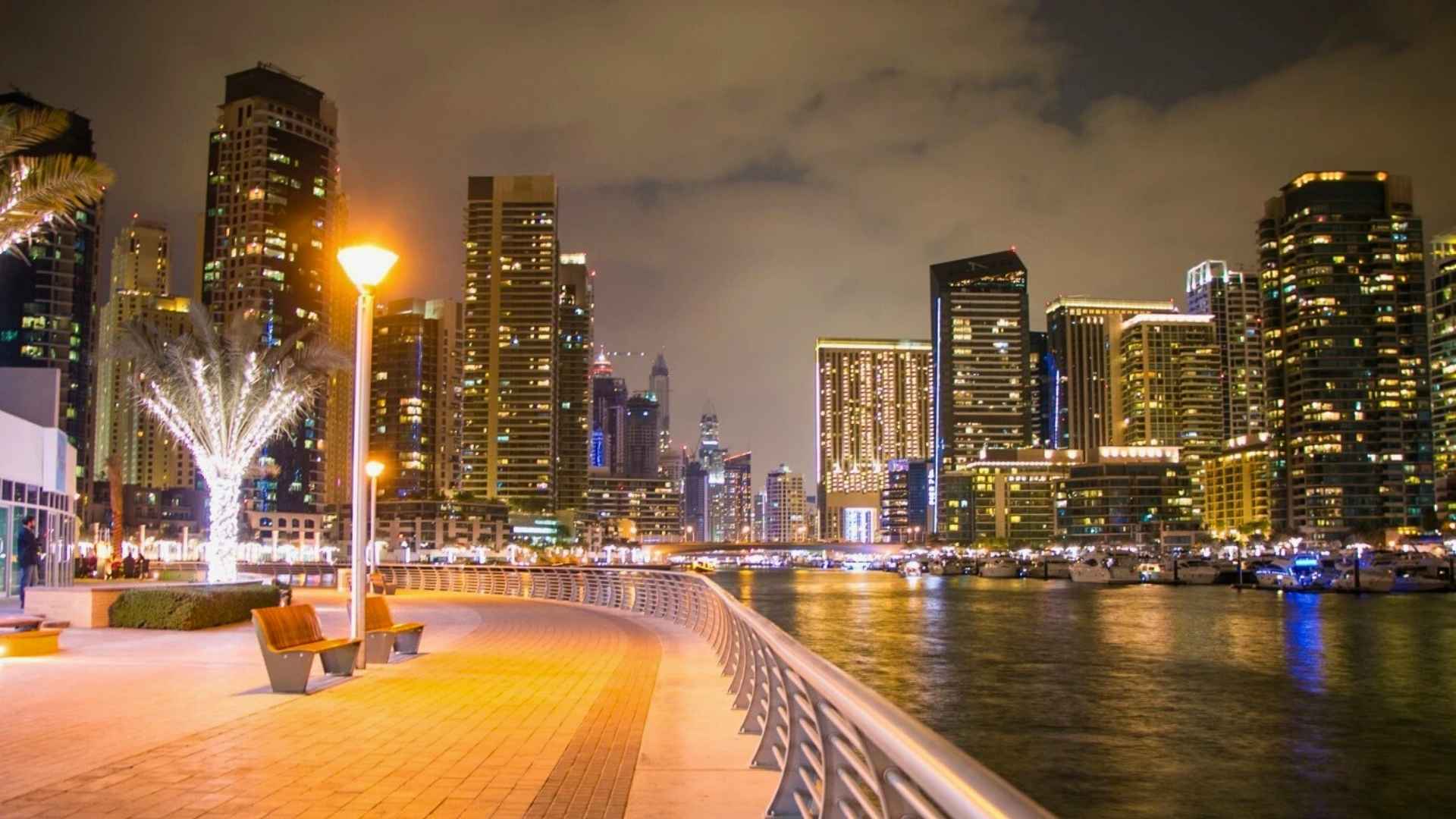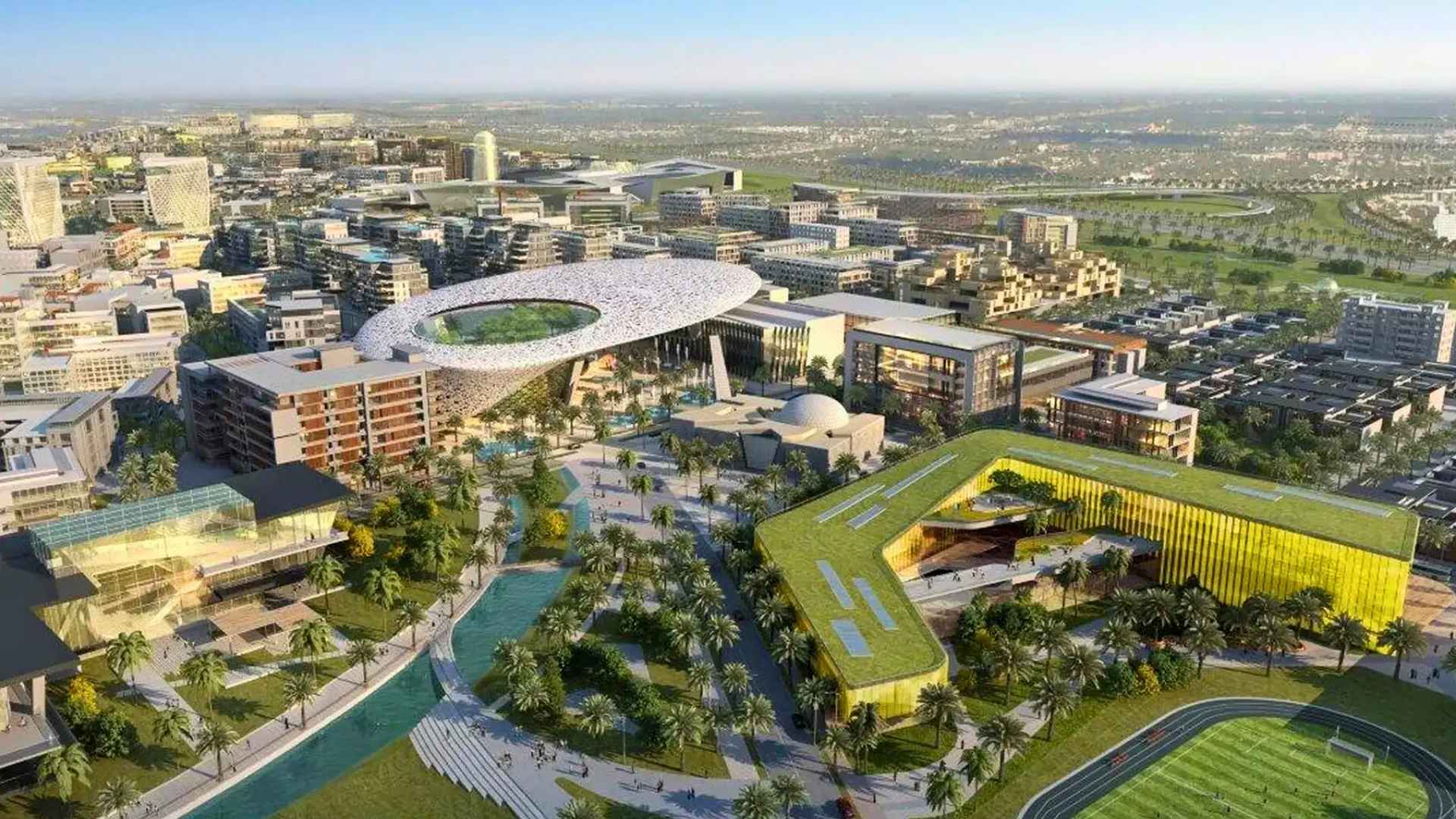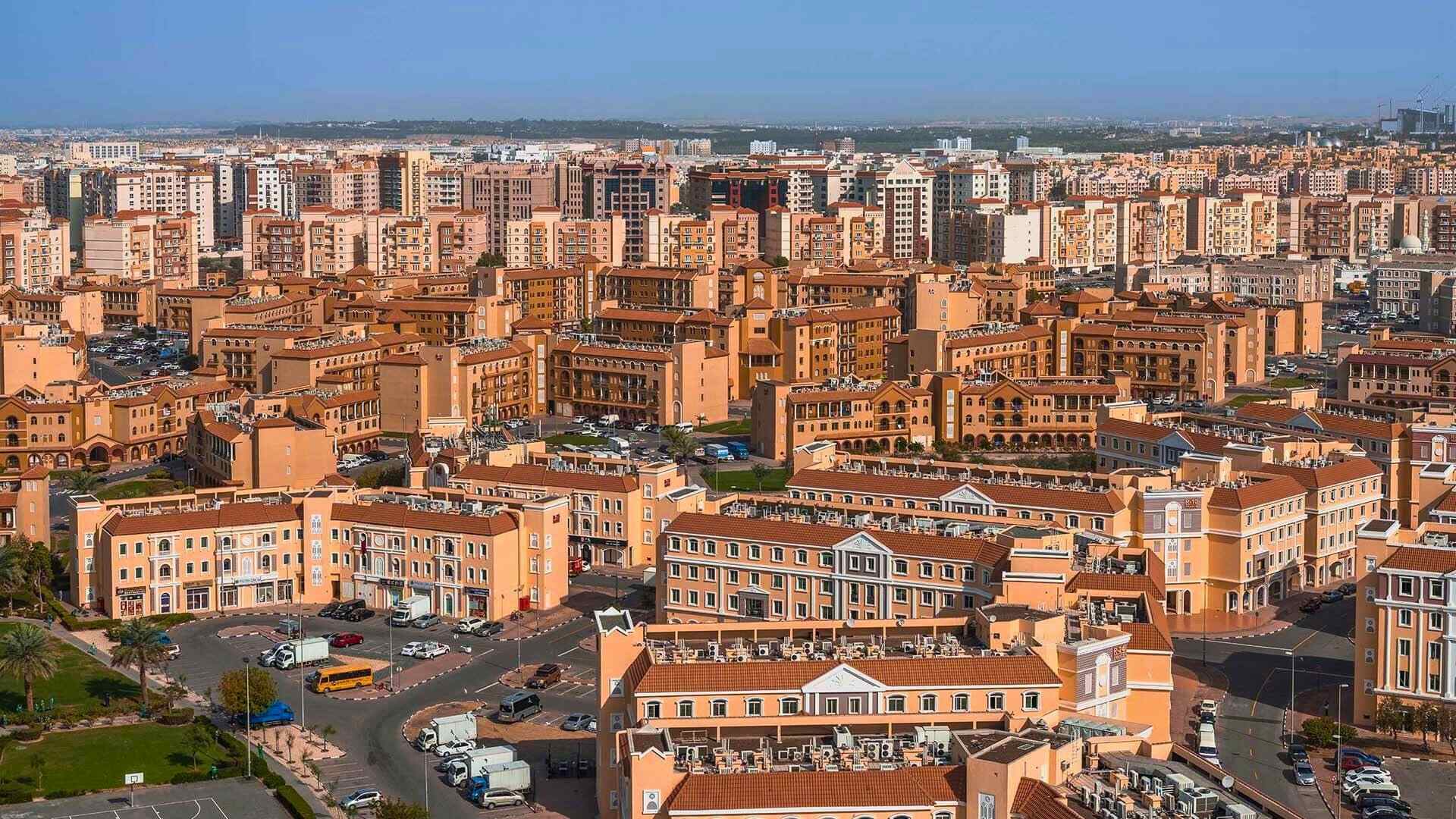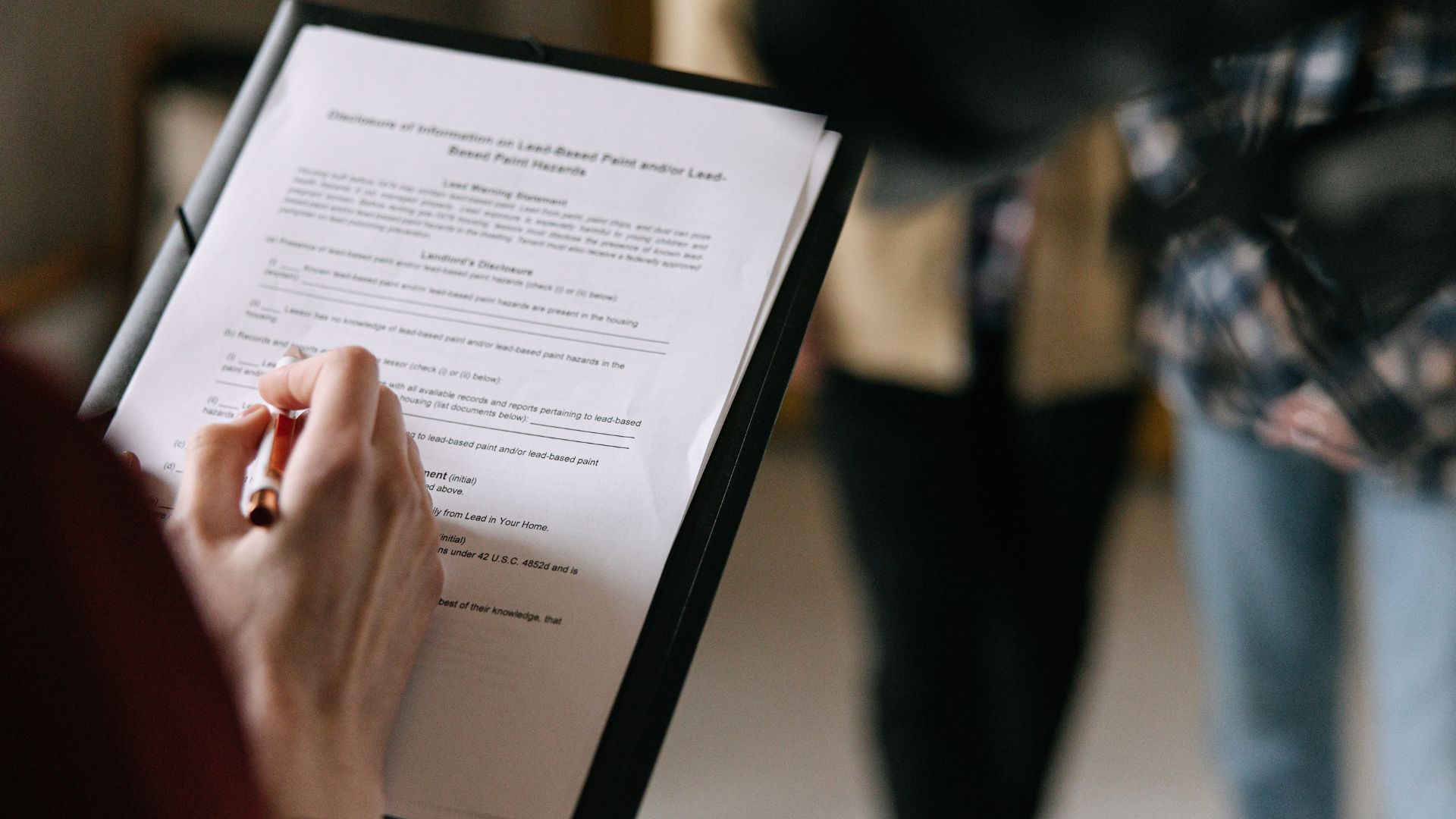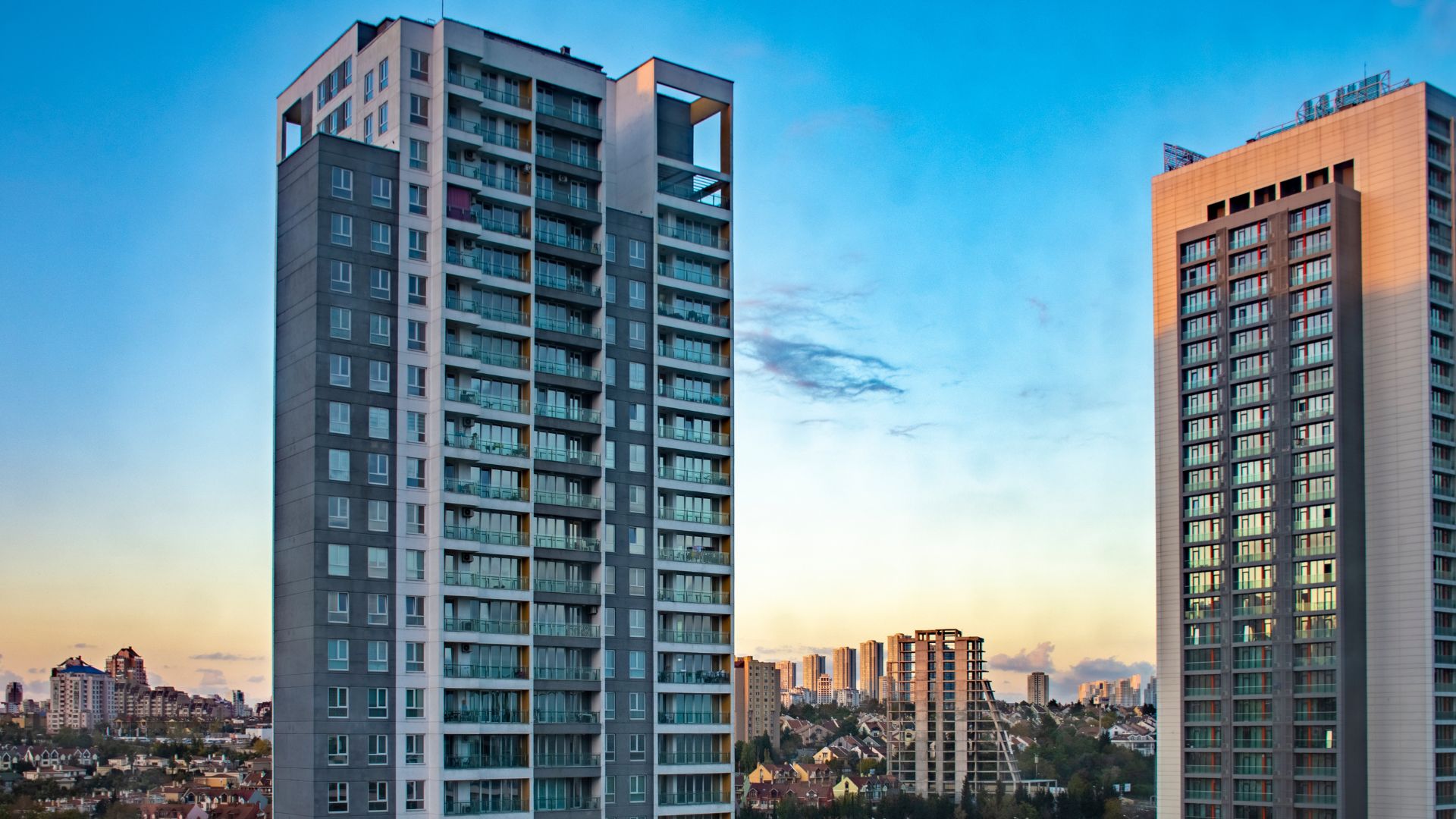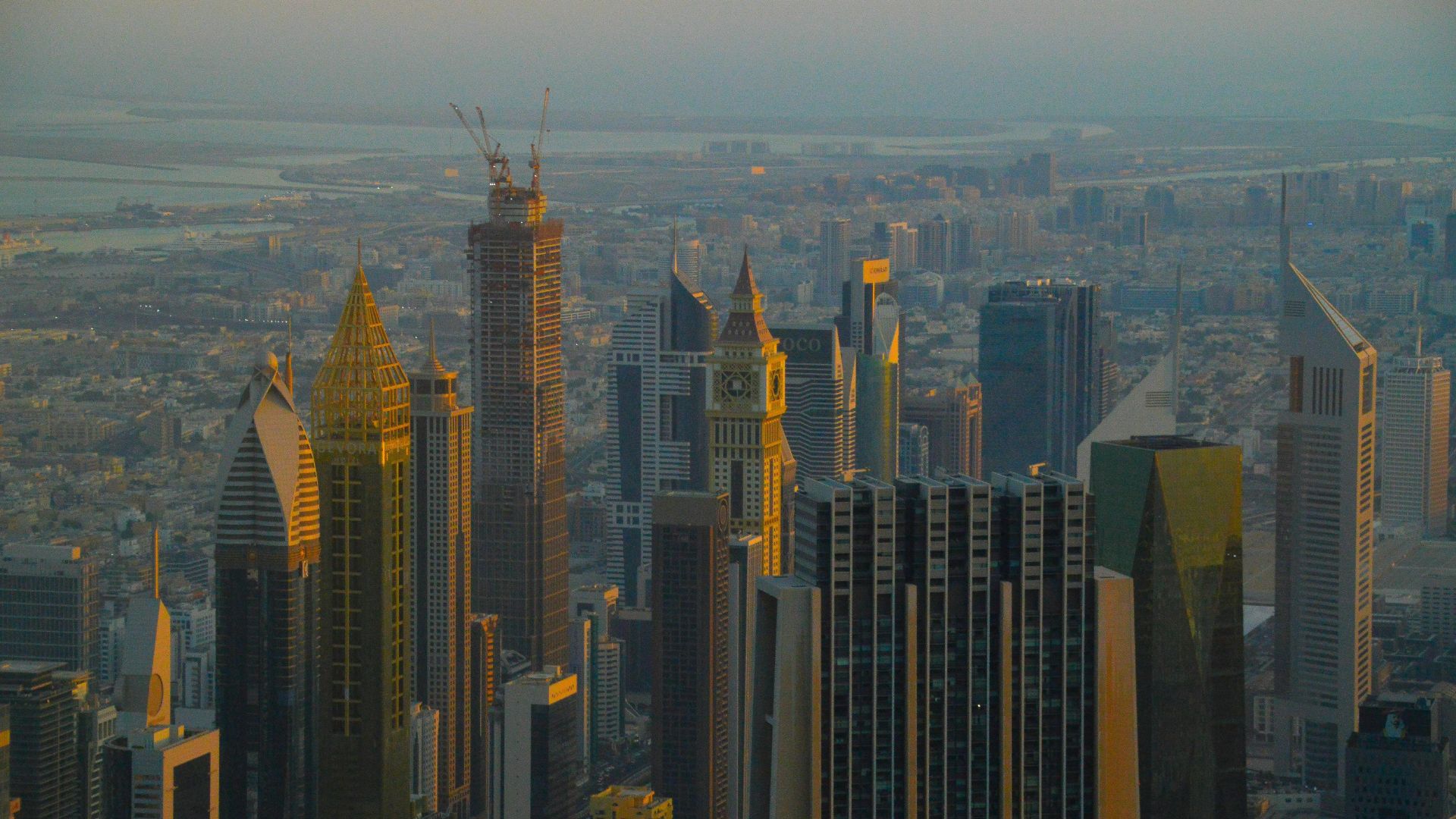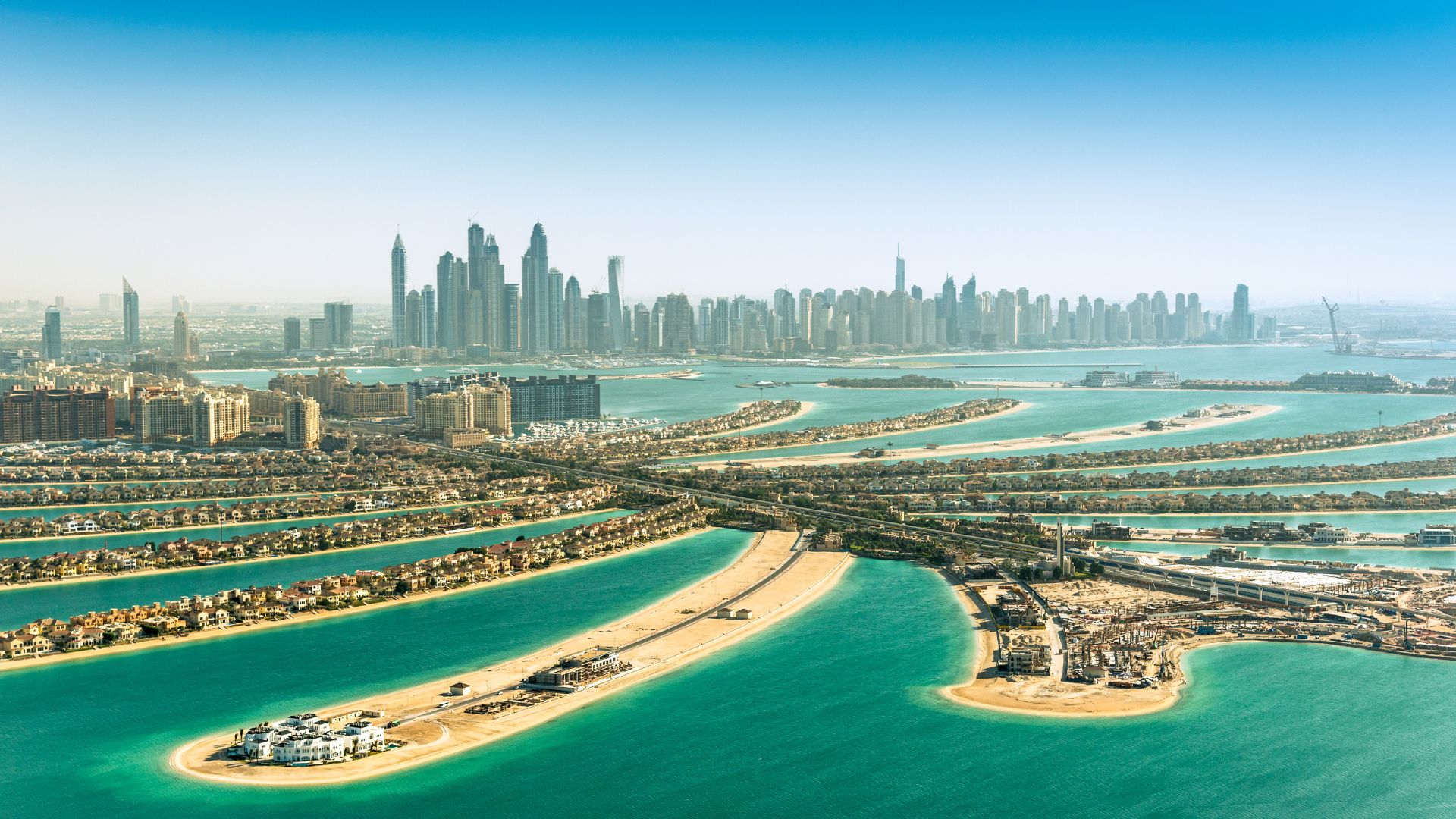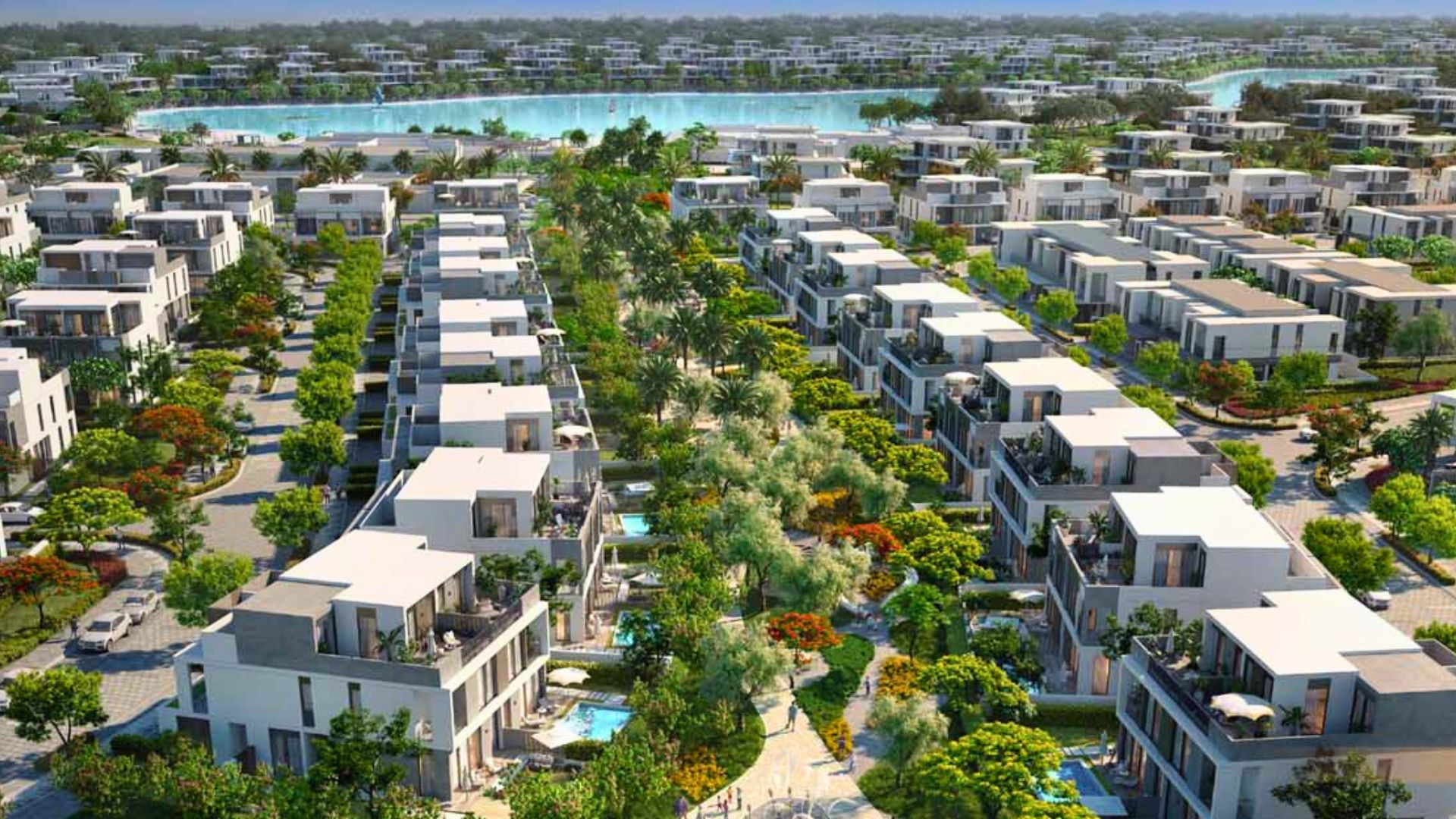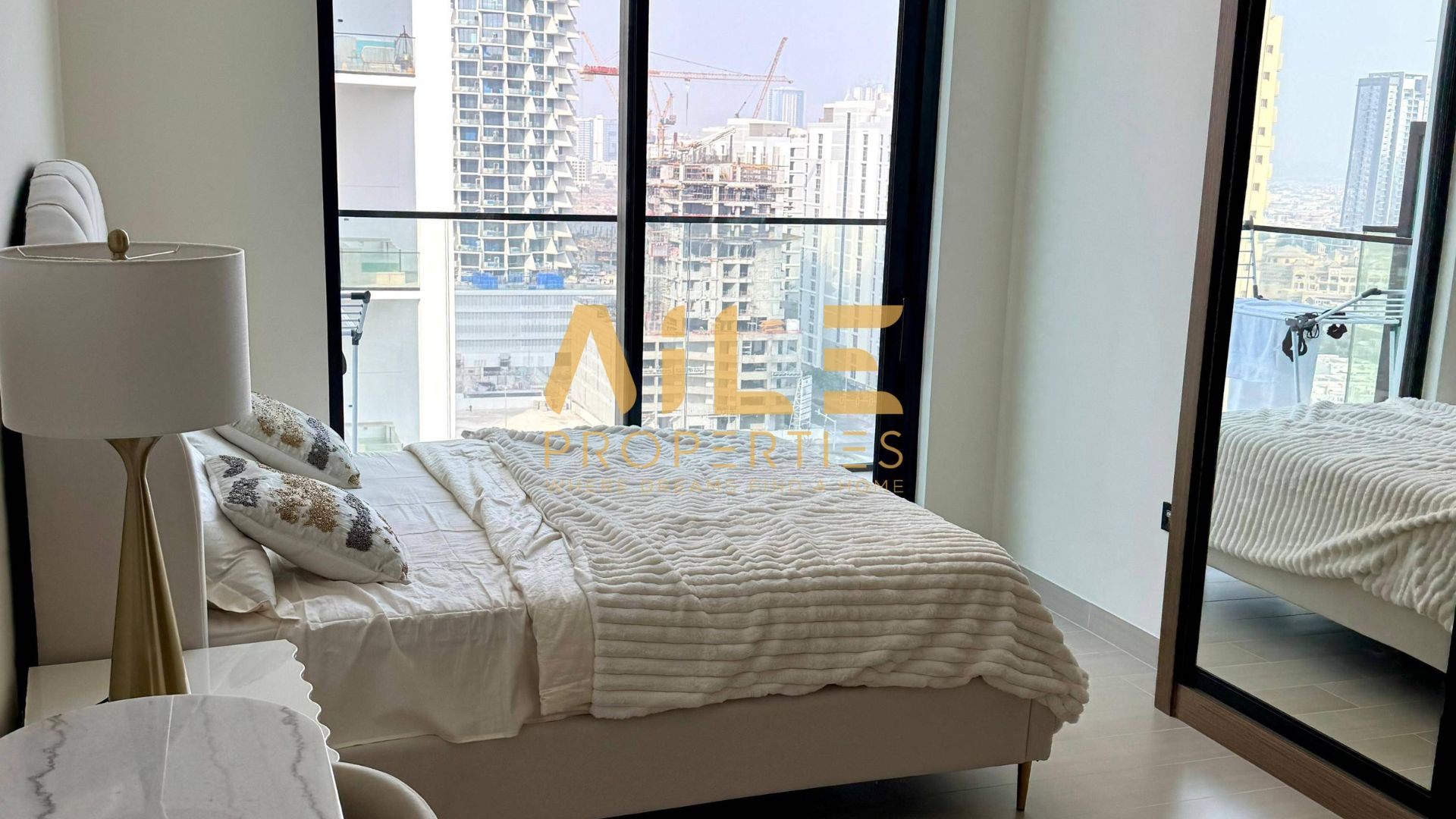Dubai is one of the world’s most dynamic and fast-growing cities.
Known for its skyscrapers, clean streets, and global lifestyle, it attracts professionals and families from every corner of the world.
But like any city, living in Dubai comes with both advantages and challenges.
In this guide, Aile Properties breaks down the main pros and cons of living in Dubai so you can decide if it’s the right place for you.
Pros of Living in Dubai
1. Tax-Free Income
One of the biggest benefits of living in Dubai is no personal income tax.
What you earn is what you keep, which makes it appealing for professionals and entrepreneurs alike.
2. Modern Infrastructure
Dubai’s infrastructure is among the best globally — from highways and public transport to hospitals and schools.
The city is designed for convenience, with everything from world-class shopping malls to 24-hour services easily available.
3. Safety and Security
Dubai consistently ranks among the safest cities in the world.
Low crime rates, strict laws, and an efficient police system make it a secure place for families and individuals.
4. Diverse Community
Over 80% of Dubai’s population is made up of expatriates.
You’ll meet people from all backgrounds, cultures, and professions, making it an open and welcoming environment for newcomers.
5. Career Opportunities
The city’s economy is strong and expanding, especially in sectors like real estate, tourism, technology, logistics, and finance.
Many multinational companies have regional offices here, offering excellent career prospects.
6. Lifestyle and Entertainment
From beaches and desert safaris to fine dining and concerts, Dubai offers endless activities for every lifestyle.
The city blends work-life balance with plenty of recreation and travel opportunities.
Cons of Living in Dubai
1. High Cost of Living
While there are affordable areas, Dubai can be expensive — especially for housing, schooling, and healthcare.
Living centrally or in luxury neighborhoods can quickly increase monthly expenses.
2. Hot Summers
From June to September, temperatures can reach 45°C (113°F) or higher.
Most residents spend more time indoors during summer, relying heavily on air conditioning.
3. Traffic and Commute
Although the roads are excellent, traffic congestion is common during peak hours.
Commuting can take longer than expected, especially between old and new parts of the city.
4. Cultural Adjustment
Dubai is multicultural, but it’s still part of a conservative country with local customs that must be respected.
Newcomers might take some time to adapt to dress codes or social norms.
5. Transient Lifestyle
Because so many people come for work, Dubai can feel temporary to some residents.
Expats often move after a few years, which can make it harder to form long-term social connections.
Everyday Life in Dubai
Despite the challenges, daily life in Dubai is generally comfortable.
You can find a variety of housing options — from affordable apartments in JVC and Dubai South to luxury villas in Emirates Hills and Palm Jumeirah.
Public services, health care, and digital systems are well-managed, and the city’s transport network (including the Dubai Metro) continues to expand.
Who Enjoys Living in Dubai Most
Dubai tends to suit:
- Professionals looking for tax-free income and career growth
- Families seeking safety and education
- Investors interested in stable real estate markets
- Adventurous expats who love multicultural experiences
Whether you stay for a few years or decide to make Dubai home, the city offers a modern lifestyle that’s hard to match in the region.
Conclusion
Living in Dubai has both benefits and challenges — but for many, the positives far outweigh the negatives.
It’s a place of opportunity, diversity, and comfort, offering a standard of living that few global cities can match.
If you’re planning to move or invest, Aile Properties can guide you with local insights on communities, housing options, and the best areas for your lifestyle.
